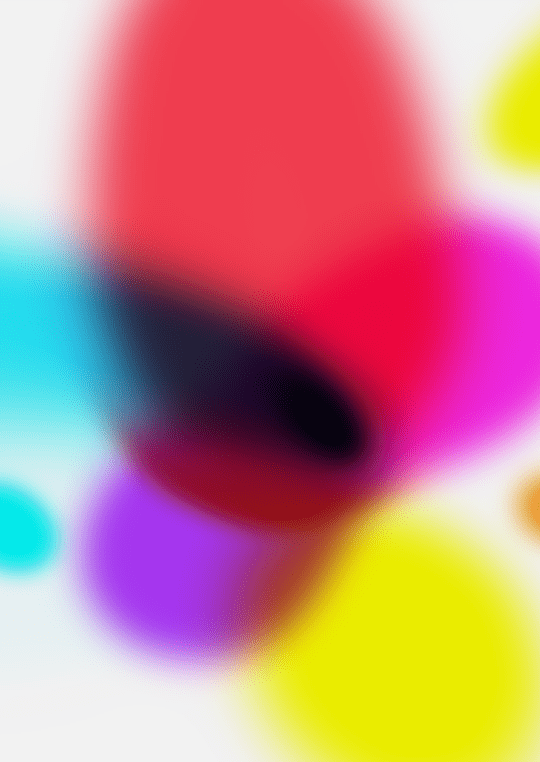Public Art
This course examines the various forms that public art may take and the ways that artists are engaged to create work in the public realm around the world, but with an emphasis on U.S. practices. Students will gain a conceptual framework for understanding what public art is, how different types of public art projects are produced in different cultures, and gain practical experience in the field of public art. Public art is exactly that, art in public spaces. Today, public art can take a wide range of forms, sizes, and scales—and can be temporary or permanent. Public art can include murals, sculpture, memorials, integrated architectural or landscape architectural work, community art, digital new media, and even performances and festivals! Public art is often site-specific, meaning it is created in response to the place and community in which it resides. It often interprets the history of the place, its people, and perhaps addresses a social or environmental issue. The work may be created in collaboration with the community, reflecting the ideas and values of those for whom it is created. Being public, the art is free and accessible to everyone. Public art creates a heightened awareness in the viewer of the site of the people and the broader context of what's around them.Using critical analysis, practical articles by leading practitioners, and case studies, this course will provide students an in-depth understanding of public art, including its history, fundamental principles, and hands-on best practices. Beginning with an overview of the variety of public art forms used around the world and its history, the course will also offer curators the basic skills and knowledge to design and manage public art practices. Throughout the course, students will be required to complete practical exercises, culminating in a proposal for an actual public art work to be completed either as part of the annual Art Prospect festival or independently.


